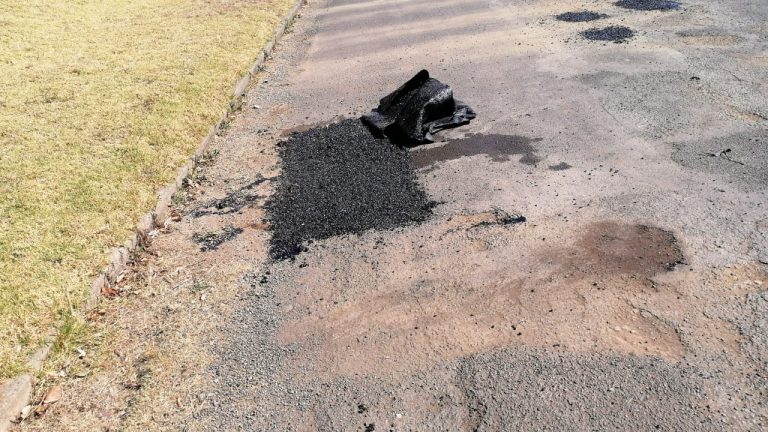Matric results still show an alarming early school leaving rate
AfriForum congratulates all matriculants who have successfully completed their school career in 2022. Their achievement is due to their hard work and to teachers who, despite many challenges in the education sector, make great sacrifices to provide high quality education. We salute you!
For the past number of years, a matric pass rate has been celebrated that is supposedly improving constantly. This year is no exception with a pass rate of 80.1%. However, according to Alana Bailey, Head of Cultural Affairs at AfriForum, her organization focuses on the group of pupils who never even entered to write the matric examination.
According to the statistics in the Department of Basic Education’s report, Education statistics in South Africa 2011, 1 177 089 learners were in Grade 1 in so-called normal schools in 2011. Of these, 1 133 806 were in public schools and 43 283 in independent schools.
In contrast, 752 003 fulltime and 168 631 parttime learners participated in the matric exams in 2022, of whom 13,525 were in independent schools.
It is a serious cause for concern that 256 455 of the learners have disappeared from the system. This is an annual trend. In the first place, it proves that the lowering of pass requirements does not convince learners to continue attending school up to matric. Secondly, even with matric, a large number of young people are not truly employable, due to the poor quality of education they received and these low standards that are set for learners to pass. Without a matric certificate, it will be even more difficult for them to create a sustainable future for themselves and contribute to the national economy. This explains why South Africa’s official youth unemployment rate at the end of 2022 was a dangerously high 59.6% ‒ a major reason for apprehension about the future social stability of the country.
In his briefing on the technical aspects of the examination, the Director General of Basic Education, Mathanzima Mweli, stated that the problem is not the dropout rate, but failures and those who repeat grades. According to him, learners will benefit more from automatic progression through grades and it will be better for their self-confidence. How one can benefit from progress without knowledge and insight, as well as how it will boost your self-confidence to sit in a class where you are not at the same level of competence as your classmates, is not clear. At least he was honest about the fact that problems start from Grade 4 when children no longer receive mother-language instruction and then drop out from school. What is clear from his words is that the Department blames the children, rather than the poor quality of education that causes them to drop out, fail or repeat grades.
“It remains of crucial importance for the Department of Basic Education to accept responsibility for and display leadership in addressing problems such as lack of mother-language education, ineffective curriculum options, paralyzing actions by some teachers’ unions, a lack of infrastructure, inadequate training opportunities for teachers, questionable education bills such as the BELA Bill, dysfunctionality of schools and discipline problems,” Bailey declared. “Until this happens, the annual celebration of a so-called improved matric pass rate is misplaced and a large group of young people are being let down.”











